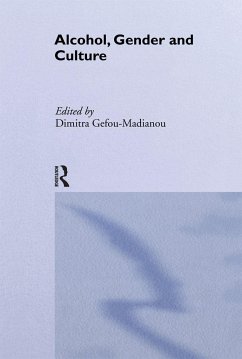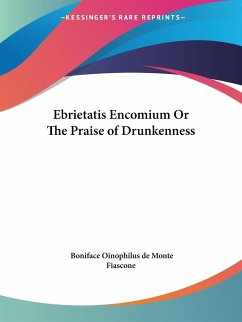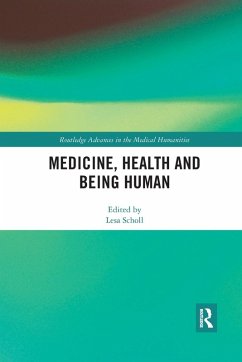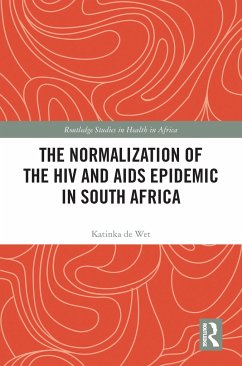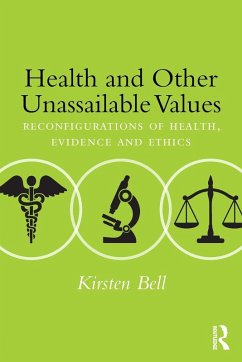
Alcohol, Drinking, Drunkenness
(Dis)Orderly Spaces
Versandkostenfrei!
Versandfertig in 1-2 Wochen
176,99 €
inkl. MwSt.
Weitere Ausgaben:

PAYBACK Punkte
88 °P sammeln!
While disciplines such as anthropology, sociology, politics, social policy and the health and medical sciences have a tradition of exploring the centrality of alcohol, drinking and drunkenness to people's lives, geographers have only previously addressed these topics as a peripheral concern. Over the past few years, however, this view has begun to change, accelerated by an upsurge in interest in alcohol consumption relating to political and popular debate in countries throughout the world. This book represents the first systematic overview of geographies of alcohol, drinking and drunkenness. I...
While disciplines such as anthropology, sociology, politics, social policy and the health and medical sciences have a tradition of exploring the centrality of alcohol, drinking and drunkenness to people's lives, geographers have only previously addressed these topics as a peripheral concern. Over the past few years, however, this view has begun to change, accelerated by an upsurge in interest in alcohol consumption relating to political and popular debate in countries throughout the world. This book represents the first systematic overview of geographies of alcohol, drinking and drunkenness. It asks what role alcohol, drinking and drunkenness plays in people's lives and how space and place are key constituents of alcohol consumption. It also examines the economic, political, social, cultural and spatial practices and processes that are bound up with alcohol, drinking and drunkenness. Designed as a reference text, each chapter blends theoretical material with empirical case studies in order to analyse drinking in public and private space, in the city and the countryside, as well as focusing on gender, generations, ethnicity and emotional and embodied geographies.





